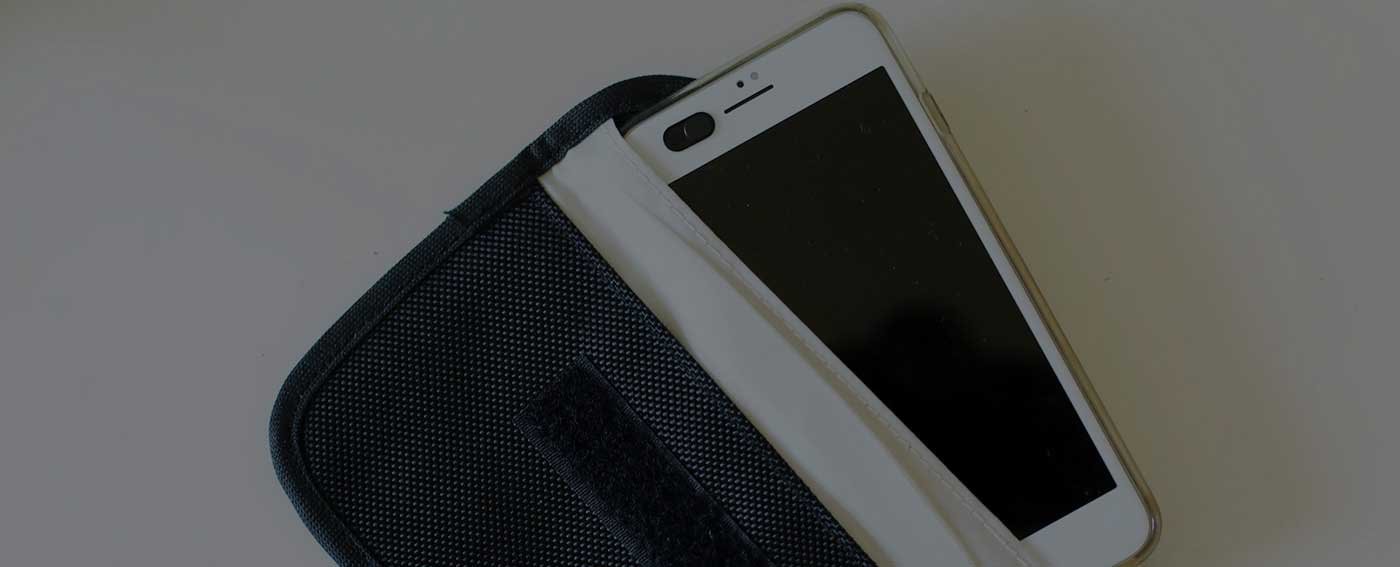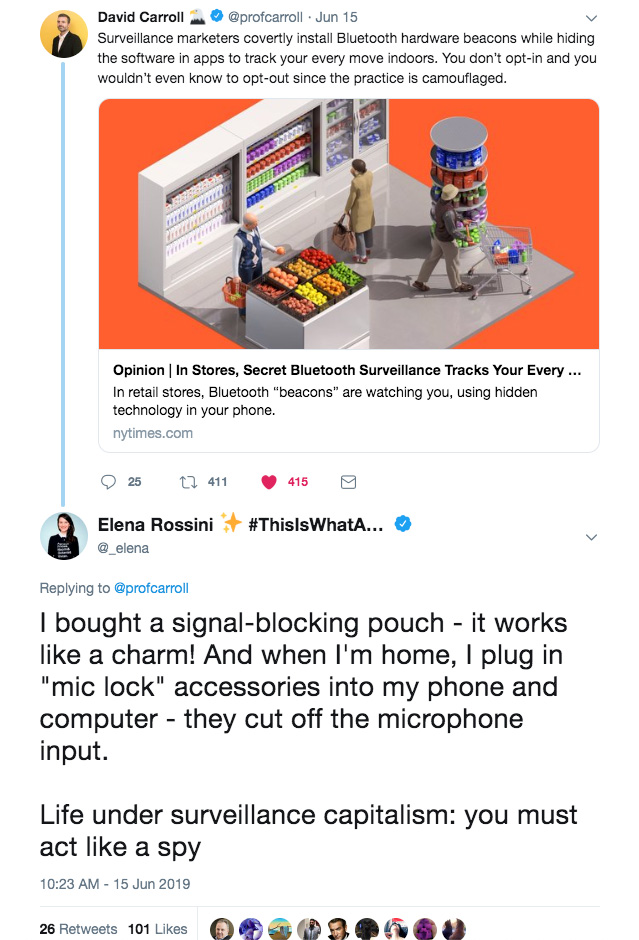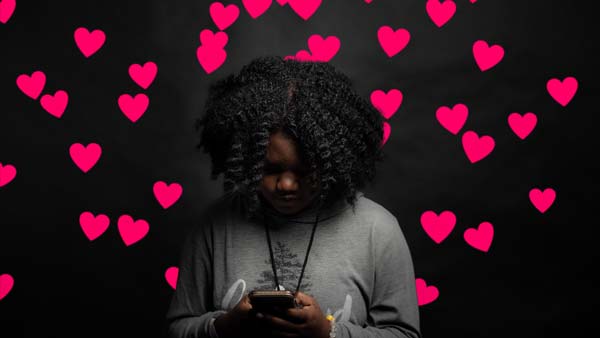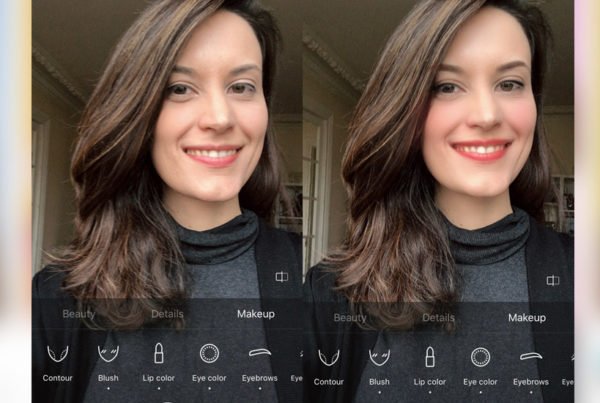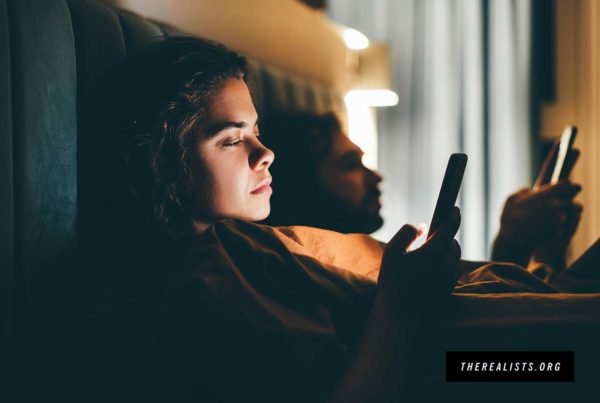Part 1: How to minimize physical extraction from your mobile devices
A couple of weeks ago I met with a friend who used to work at the New York Times. We had been exchanging text messages just before our meeting, as she had had a hard time finding the entrance of my co-working space. We found each other, sat down to talk, and an hour into our conversation, she used her phone to send me a link to something we were discussing. “Oh, this is so strange” she said. “Is your phone off? My message is not getting delivered.” I looked at her, smiled, and opened my bag. I produced a black pouch, which had been holding my phone. Its purpose: to block all kinds of radio signals – cellular, GPS, Bluetooth, Wifi, you name it. My friend was amused. Her immediate reaction was: “It’s like you’re a New York Times reporter… or a spy.”
If you take a close look at my phone, you will notice other accessories: its front facing camera is covered by a small, black slider. At the bottom, where the iPhone Lighting port is, I plugged in a Lightning to headphone jack adapter and a “mic lock” accessory that pretends to be a microphone, but actually cuts off all audio input from the phone. A thin, imperceptible layer is also covering the screen so that it is only visible when I am right in front of it – but from an angle, the screen appears black so that someone standing next to me cannot read what is on it.
A bit extreme, you may think? And yet, as we live under surveillance capitalism, I am not taking any risks. Better safe than sorry.[/vc_column_text]
My cautious tech habits started in the fall of 2012. The spark of inspiration came from a TV show: Scandal. In the third episode of the second season – released on October 18, 2012 – an NSA whistleblower discloses to Pope and Associates that “millions of Americans are being watched right now and they have no idea.” In a demo of the program, Olivia Pope and her colleagues are able to get access to the computer of the White House chief of staff, surreptitiously spy him via his computer’s web cam and see and hear what he is doing.
When I watched this episode, my immediate thought was: “it sounds far fetched, but I could see this happening.” And so I began putting masking tape on the cameras of all my devices – phone, tablet and laptop. When the Edward Snowden bombshell revelations about a global surveillance apparatus dropped some 8 months later, I was glad I had been taking these precautions.
In the last year and a half I have read dozens of books about the dark side of technology, algorithms, and surveillance capitalism. I am working on a documentary – the sequel of The Illusionists – that lifts the veil on the world of online advertising and companies’ efforts to create the ideal consumer in the digital age.
THE REALISTS teaser from Elena Rossini on Vimeo.
The most haunting book I have read on the subject is The Age of Surveillance Capitalism by Harvard professor Shoshana Zuboff. It cemented my resolve to be extremely cautious with the digital trail I leave behind.
Zuboff defines “surveillance capitalism” as:
1. A new economic order that claims human experience as free raw material for hidden commercial practices of extraction, prediction, and sales; 2. A parasitic economic logic in which the production of goods and services is subordinated to a new global architecture of behavioral modification […]
Internet pioneer Jaron Lanier also explores the gravity of this issue in his book Ten Arguments for Deleting Your Social Media Accounts Right Now:
Something entirely new is happening in the world. Just in the last five or ten years, nearly everyone started to carry a little device called a smartphone on their person all the time that’s suitable for algorithmic behavior modification. A lot of us are also using related devices called smart speakers on our kitchen counters or in our car dashboards. We’re being tracked and measured constantly, and receiving engineered feedback all the time.
He adds:
So-called advertisers can seize the moment when you are perfectly primed and then influence you with messages that have worked on other people who share traits and situations with you. […] What might once have been called advertising must now be understood as continuous behavior modification on a titanic scale.
This past weekend, New School professor David Carroll (he notably sued Cambridge Analytica to access the data they have on him) posted a link on Twitter to a New York Times article regarding Bluetooth “beacons” that covertly track shoppers in stores.
I replied to his tweet mentioning the signal blocking pouch I use as well as plugs that disable the microphones of my digital devices.
I was not expecting the reaction that would follow: many Twitter users replied asking me to share the names of the products I use. And so, here we are. I’m happy to oblige.
Mobile phones are the ideal device to track citizens because they’re with us at all times, recording where we are, who we are with, and what we are doing on these devices.
Here is how I try to minimize my digital trail. A disclaimer: I am not a security expert, I’m just a regular citizen, a filmmaker, who tries her best to protect her privacy.
When I’m outside my house – and especially before I enter a shop or when I get on public transportation – I typically put my phone in a signal blocking pouch. The only place I was able to easily find one is Amazon and I understand the supreme irony of it. I try to minimize my purchases on Amazon to items that are hard to find anywhere else. I hope my argument will not be defeated by the store where I purchased some of these accessories.
The signal blocking pouch sells for about 9 dollars and it fits my big iPhone 8 Plus. When the phone is inside, it truly cuts off ALL signals, so if you need to be reached at all times (for instance, by your family or boss), it may not be ideal. I’d suggest to use it when you go into a store to disable the Bluetooth beacons.

A couple of years ago, when I was still on Instagram, I began noticing how ads I was served were related to conversations I had in real life. I would see in my feed ads for products related to things I discussed – but never searched online. For instance, I had dinner with a friend, we talked about chocolate for 5 minutes and the next day I saw an ad on Instagram for the chocolate store “La Maison du Chocolat.” I had cut off sugar two years prior and I had not bought any chocolate or sweets – or looked for them online – in years and years, so the ad truly creeped me out. It was not an isolated occurrence.
Instagram did not have permissions enabled for my microphone, but Whatsapp – owned by Facebook, just like Instagram – did. So I began looking for solutions online to physically block audio input from my phone. The only place where I could find something was Amazon. The product is called “mic lock” and a pack of 3 sells for about 15 dollars. I use this to cut off audio access to my phone, tablet and laptop.
How do you know if it works? Turn on Siri (just for this experiment!), press on your phone’s home button and speak to the digital assistant. You will notice a message “I’m listening” on screen, but no input is being registered. I highly recommend keeping Siri – or any other digital assistants – off at all times for privacy reasons.
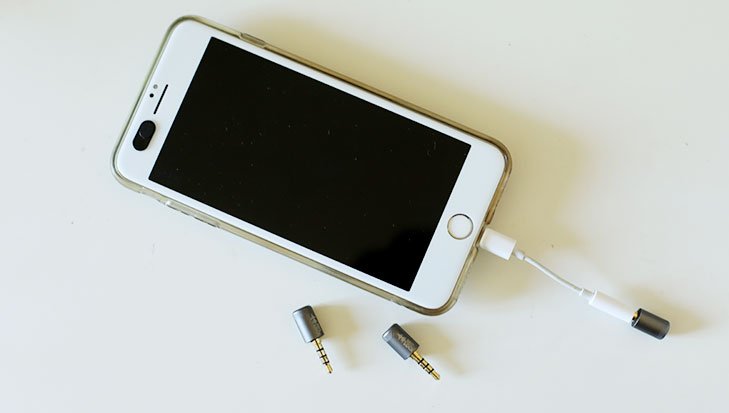
My computer, tablet and phone’s front-facing cameras are all covered. You could buy a “webcam cover” with a slider – or a cheaper alternative like masking or washi tape.
I travel a lot and I often notice how people can easily display the most sensitive information on the bright screens of their phones and computers when they are in public spaces. For this reason, I bought a privacy screen protector for my phone AND my laptop. You can only see what is on screen when it is right in front of you; from a side angle, the screen looks completely black.
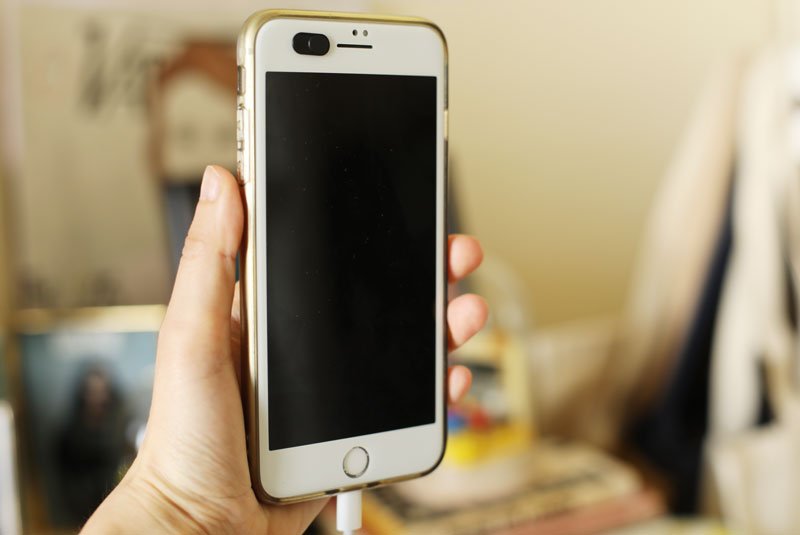
The phone’s screen is on and set to full brighness – but it appears black from the side.
Let me know your thoughts – and suggestions – in the comments.
Thanks,
Elena

